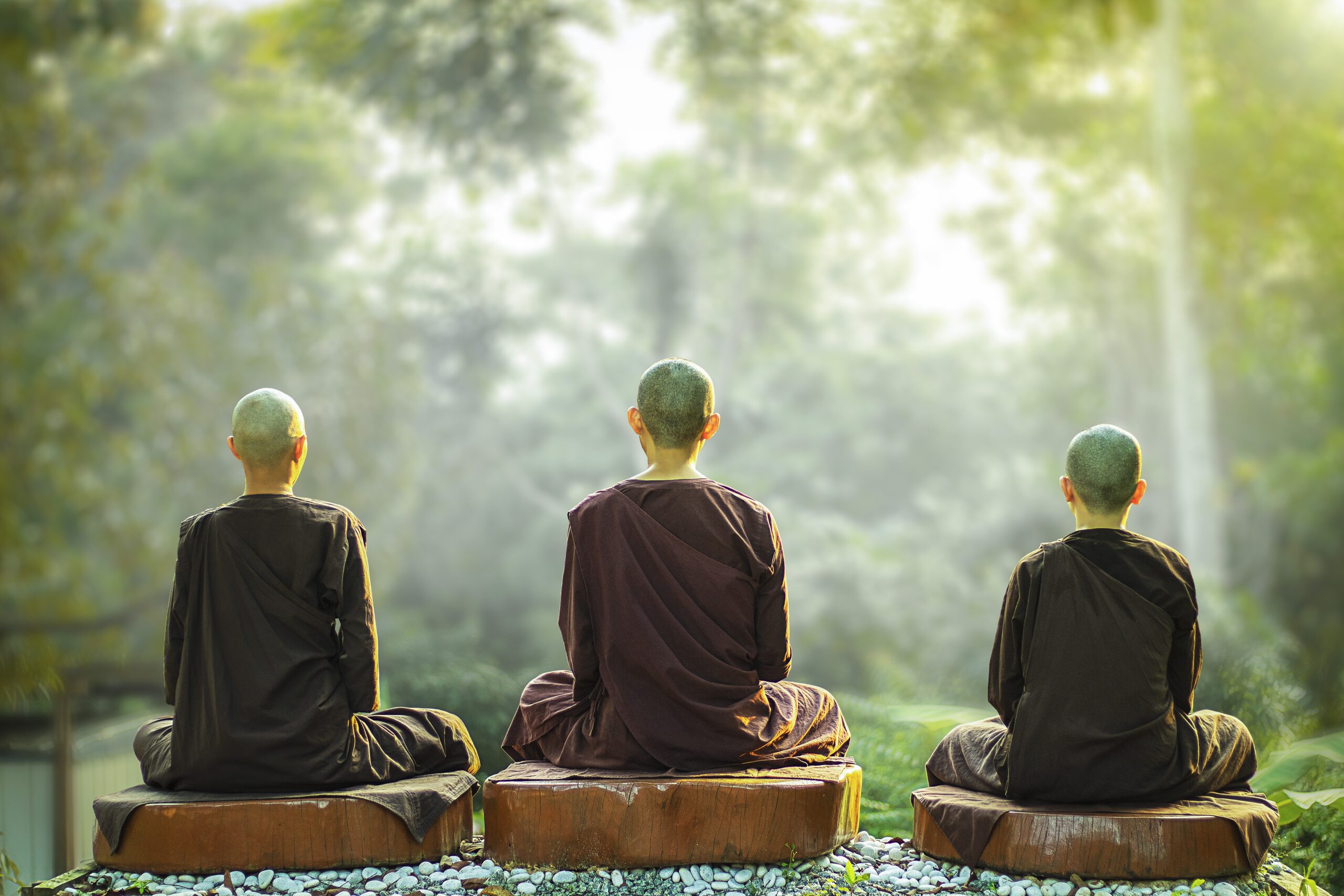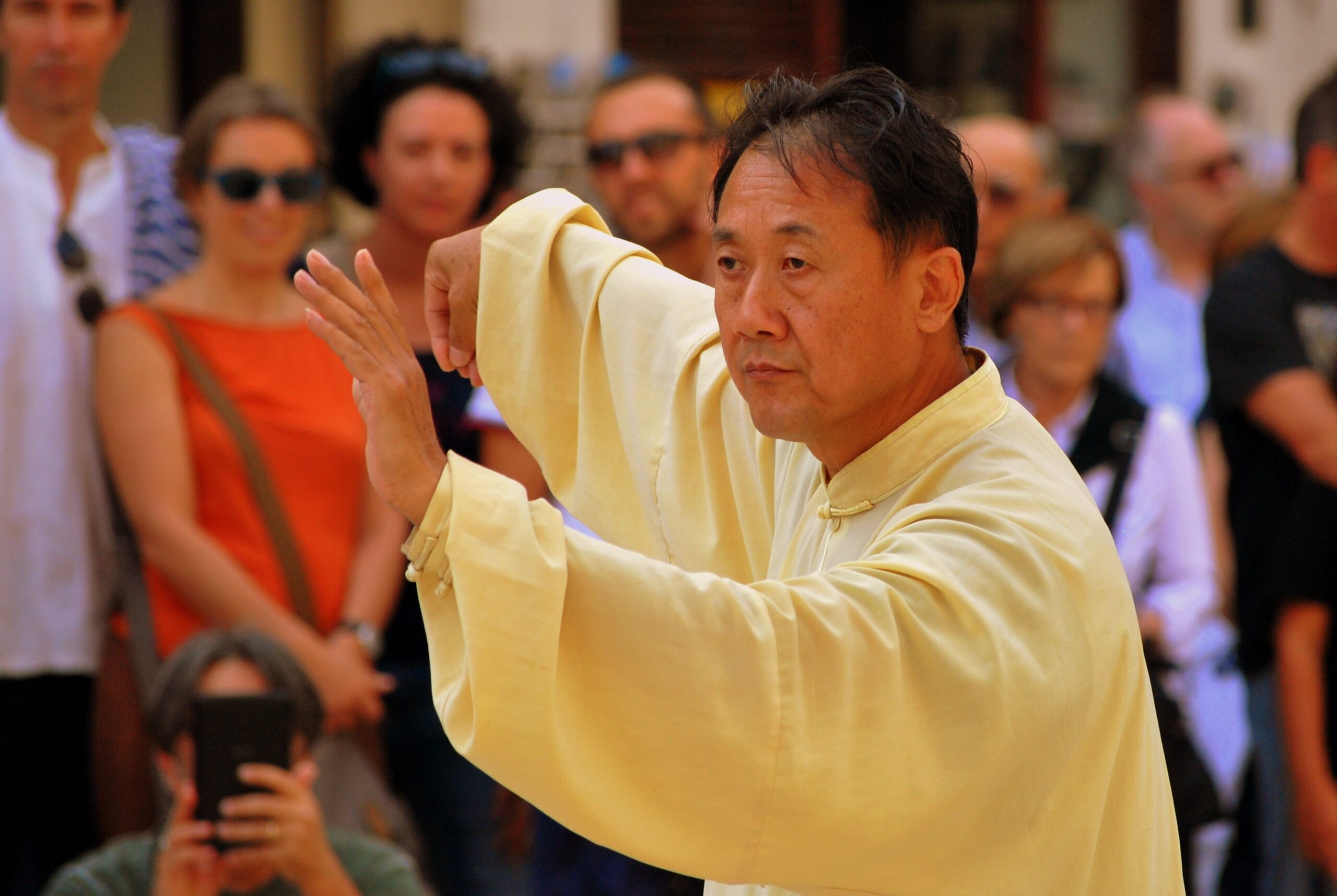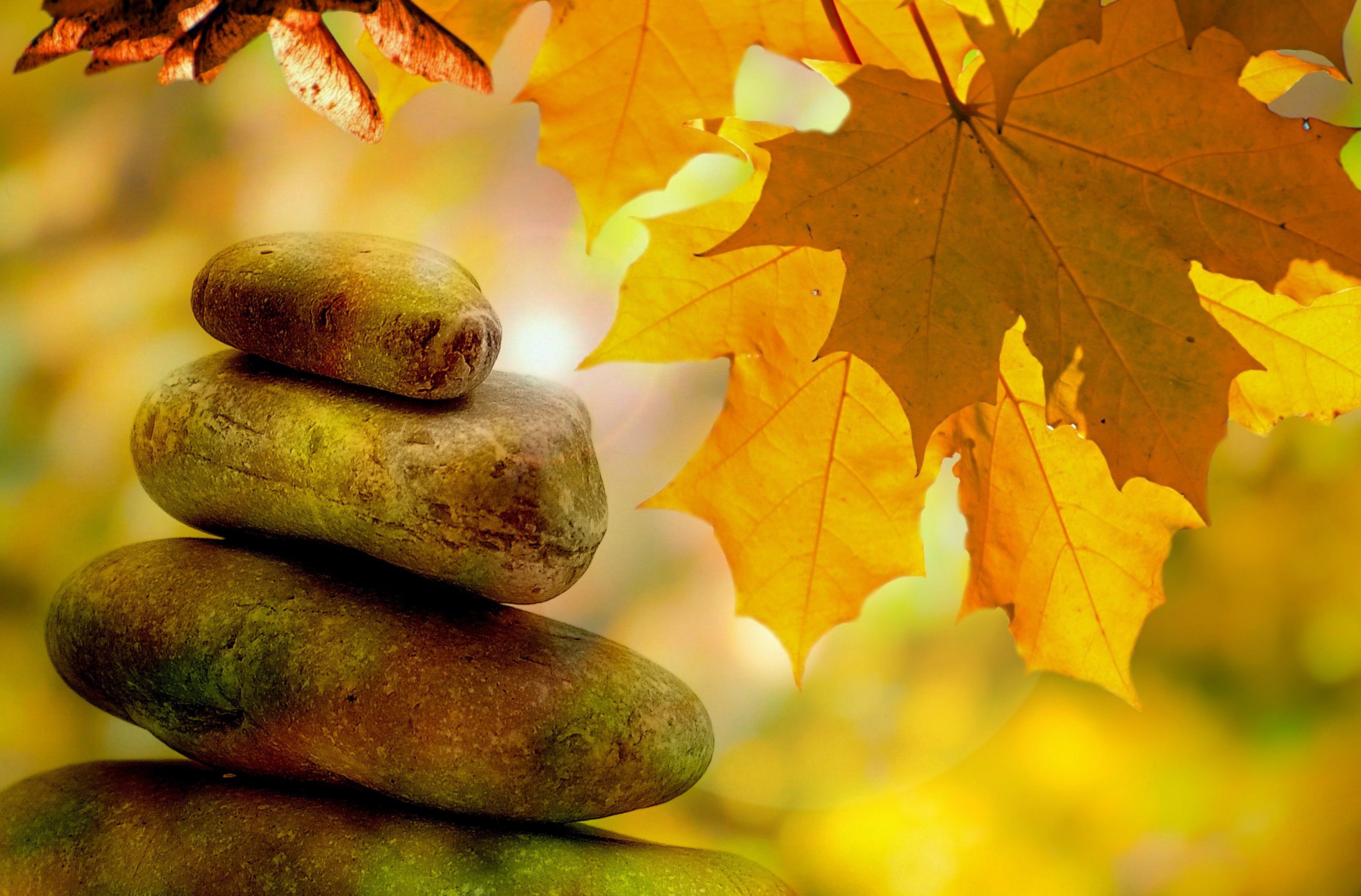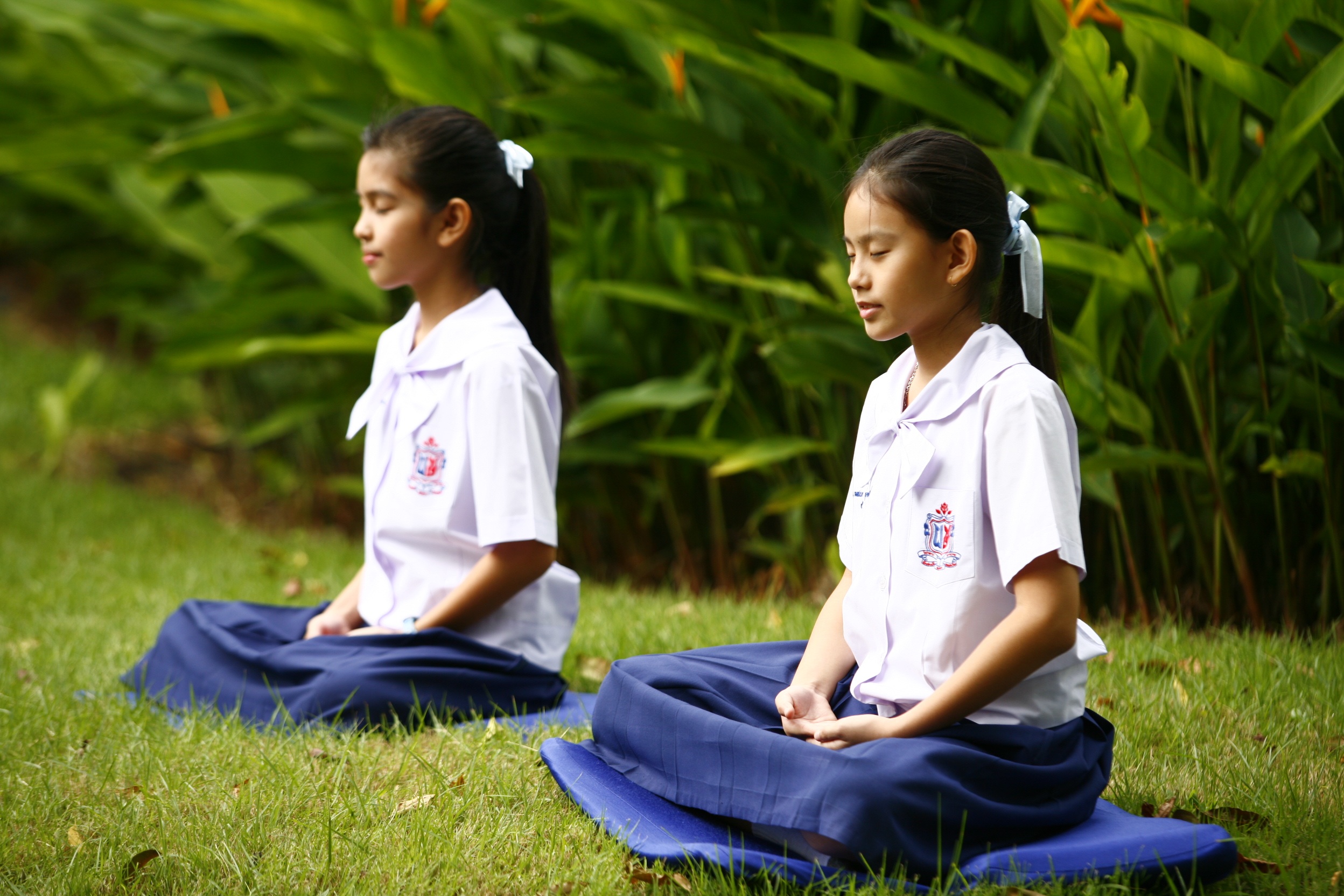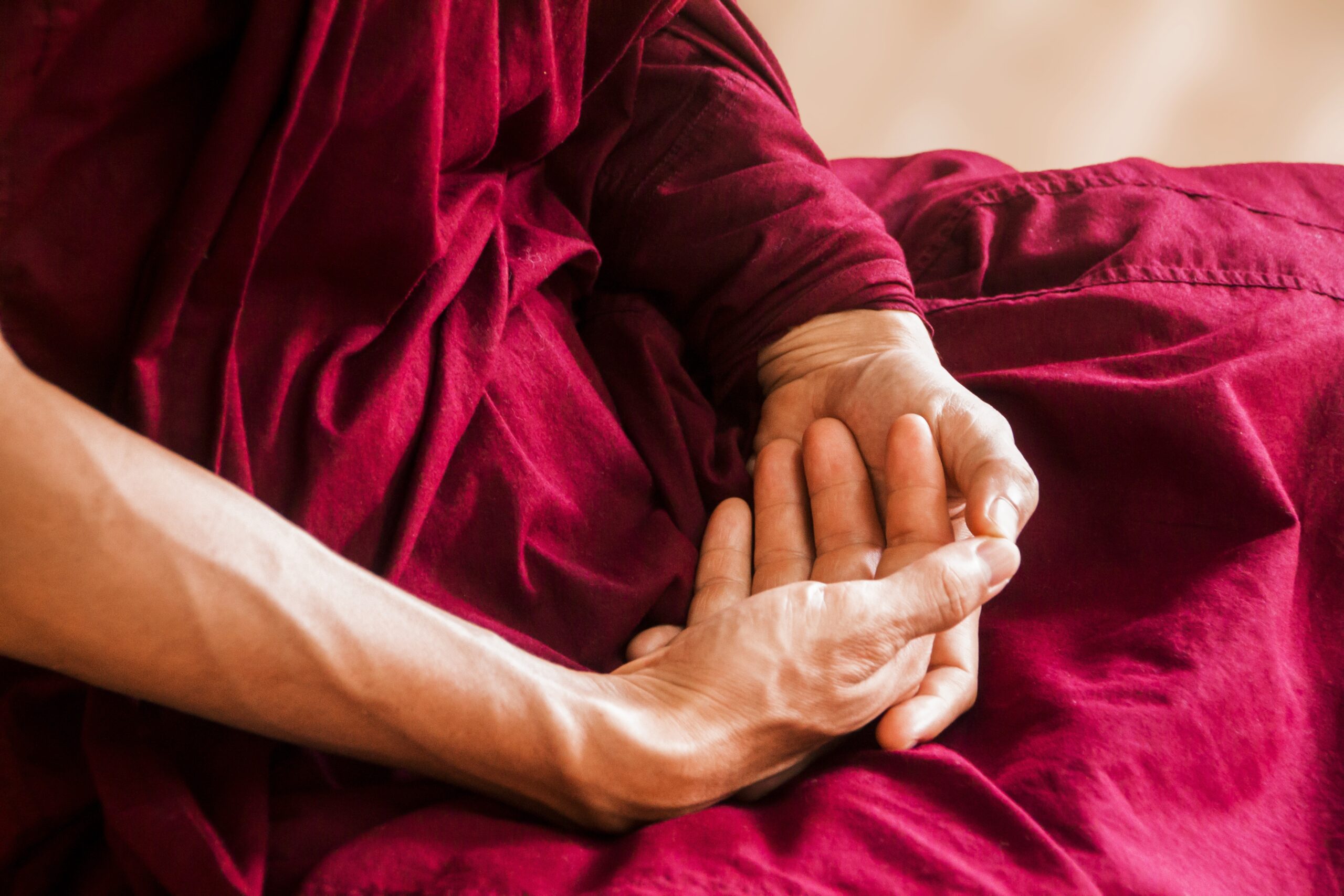How Meditation Impacts
Mind & Behavior
Meditation and tai chi qigong can produce the following symptoms:
Emotional/Psychological
- Irritability, Mood Swings, Depression
These are but a few of the side effects of too many toxins being flushed out of your system in a short period of time.The right amount of qigong practice is designed to help you detoxify and purify your body. The healing chi flushes toxins out of your body, which are then eliminated through the process of perspiration, bowel movements and urination.However, when too many toxins are flushed out, your body can be easily overwhelmed and suffer some negative side effects. These side effects are not from the qigong practice itself but from the toxins not being eliminated quickly enough by your body’s defences.
If these symptoms persist, back off on the intensity of your practice. If they are serious, then you should take a few days rest from qigong, from both donggong and jinggong meditation altogether.
Ignoring these symptoms can not only make them worse but can lead to a more serious but very rare side effect known as qigong psychosis, in which the mind is seriously affected and the practitioner actually suffers from a “psychotic break.” Meditate again only when symptoms have subsided completely.
- Sleep Patterns
Insomnia and Restless Sleep:
If you are unable to fall asleep after practicing tai chi qigong or meditation, it could be because the activities you engage in have been too stimulating and you need to calm the mind, body and chi down before retiring to bed.Always give at least a half hour of time to rest from your exertions before retiring to bed. If your chi is still very active, you can practice the Chi Calming Exercise to bring it down to a more manageable level. Some of the Longevity and Health Preserving Qigong Exercises may also help bring some calm to both mind and body.When practicing jinggong, some exercises are more vigorous than others. Always meditate with the more calming techniques when close to bed time.
Many advance practitioners may find the intensity of their training carries over from the day into the night. This would be a good time to practice sleeping meditation (see recumbent postures) to help you relax, as well as continue the qigong practice during sleep mode.
Different sleeping postures can also affect qigong practitioners, especially when they have reached a certain level of progression. Be sure that you are able to rest comfortably in bed.
A firm mattress and a dark quiet room is important for a good night’s sleep. Slow deep yogic breathing will also help to relax both mind and body just before sleep.
Lastly, avoid eating and drinking or late-night snacks before retiring to bed. A full stomach can not only result in poor digestion during bedtime but also impede a restful sleep throughout the night.
Excessive Dreams, Lucid Dreaming, Creativity & Problem Solving:
Our minds can be just as active during sleep as during our waking periods. If we are plagued by dreams, our sleep will be affected. Qigong meditation can dredge up issues suppressed by our subconscious, which can be expressed through dreams.One way of dealing with dreams is through lucid dreaming, that is, being cognitively aware and taking action during your dream state. Lucid dreaming is not that difficult to learn, especially for those practiced in qigong. With a well-developed yi and through sleep meditation, you can ease yourself into lucid dreaming.
If you have not learned either technique, then the alternative is to keep a dream journal and review those issues during your waking hours. Alternatively, you can also review those issues just before going to sleep and practice creative problem-solving during your sleep.
The subconscious functions best when we are mentally relaxed. hence, it is most active when we are asleep. By meditating or reviewing our problems before bedtime, we prepare the subconscious to deal with these issues during our sleep. Often, the answers will come to us when we awaken in the morning or even during the night.
Mental/Psychic
- Spiritual or Third Eye (Point Between Both Optical Eyes)
The third eye, often known as the spiritual or psychic eye is a point between and slightly above the optical eyes. If you feel pressure or unusual sensation here, it is because you either habitually meditate on this point or your chi has become pooled here.Meditation on the third eye occurs when you direct your focus on this point through:- your yi;
- both of your eyes (with them open or closed);
- your inner gaze;
- your chi;
- or any combination of these techniques.
If either your yi or chi is not developed, it is generally not a good idea to meditate on the third eye, as this will cause it to open, but you would not be psychically prepared to handle this. This can put you at risk of not being able to control whatever happens to you psychically, or create other negative side effects.
By opening the third eye, you are able to develop certain psychic abilities, such as psychic healing, telepathy, clairvoyance, and many others. Generally, we consider these gifts that when used appropriately to benefit others, may benefit us, as practitioners, but when abused, may be wrested from us.
Therefore, never use them for monetary gain or to take advantage of other people. The intent that accompanies these gifts must always be for good and accompanied with proper humility. The spiritual hand that bestows these gifts makes use of us only as a vessel or instrument of a higher power.
- Twisting of the Trunk
Sometimes you may get a twisting sensation of the trunk, though you are sitting or standing motionless in jinggong or quiescent meditation.If you are prepared to relax yourself mentally, you can engage in what is known as “soul travel,” the ability to leave your physical body and to travel to distant places with your astral body at the speed of thought.For this to happen, your chi and yi should be sufficiently well-developed before opening your third eye. This gift is considered one of many psychic abilities that occurs when the third eye is opened.
It is also generally viewed as a side effect of opening the third eye, rather than as an end in itself. Ultimately, veteran practitioners seek spiritual and personal advancement through deeper understanding and spiritual enlightenment.
- Other-Worldliness
A sense of other-worldliness is very common when you reach the higher consciousness. It comes from a feeling of detachment.Taoist meditation describes the experience as being One with the Universe, because, no longer are you limited by your own physical body, but a microcosm within the macrocosm — in other words, a part of the whole. - ESP & Other Psychic Phenomena
ESP, and other psychic abilities, such as clairvoyance, soul travel or out-of-body experiences (OBE), and psychic empathy, are common side effects of opening the third eye.Heightened awareness and sensory perception, the gift of healing, peace and harmony with nature, and a deeper understanding of ourselves and the universe are other gifts that we may acquire when we reach a higher level of consciousness through meditation and tai chi qigong.
